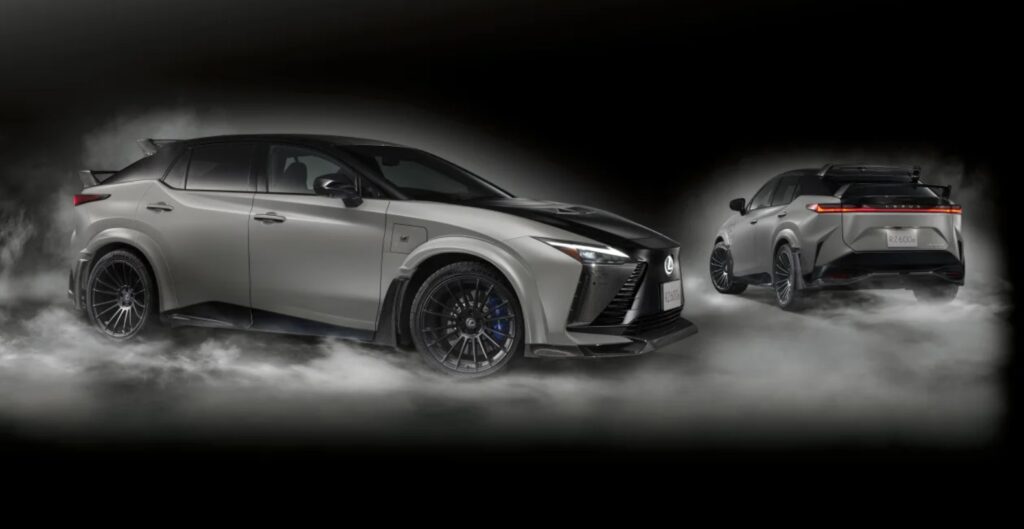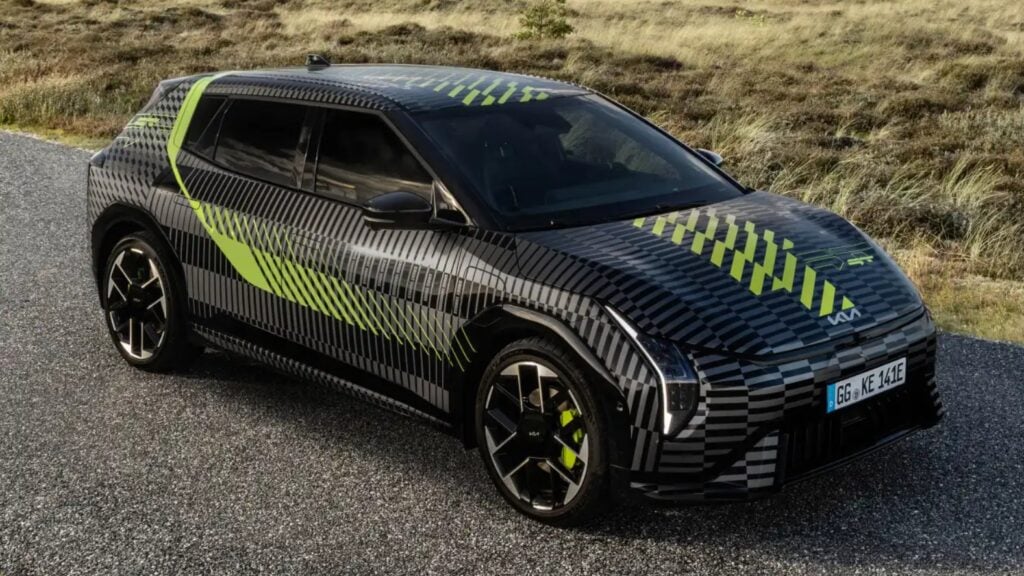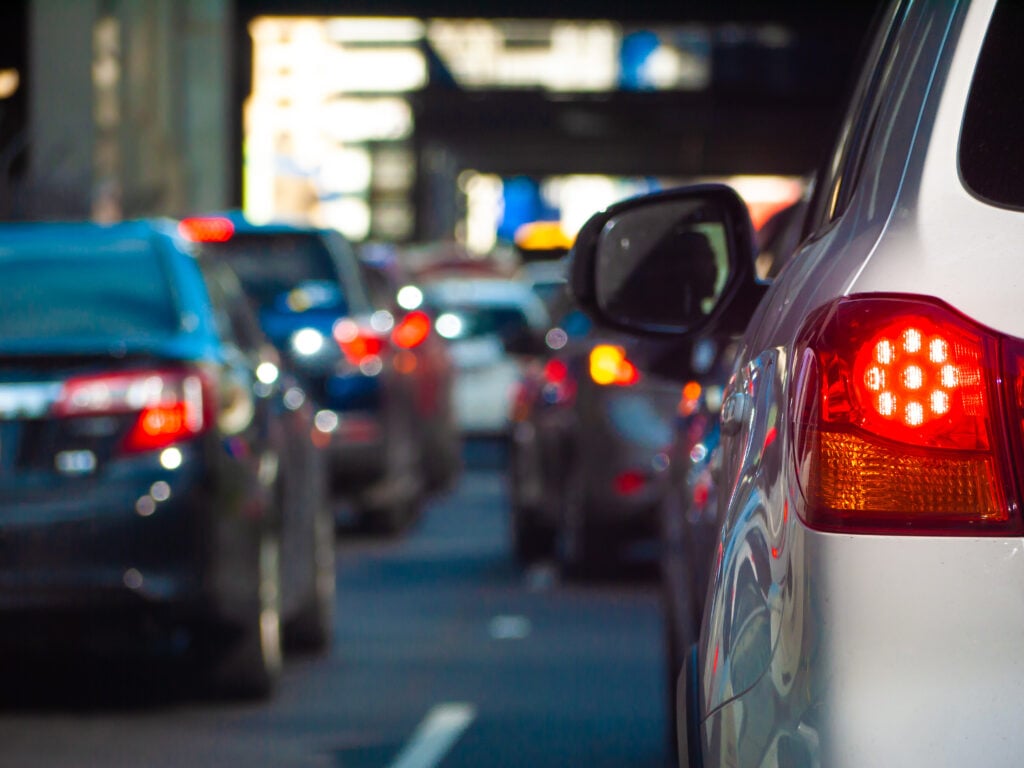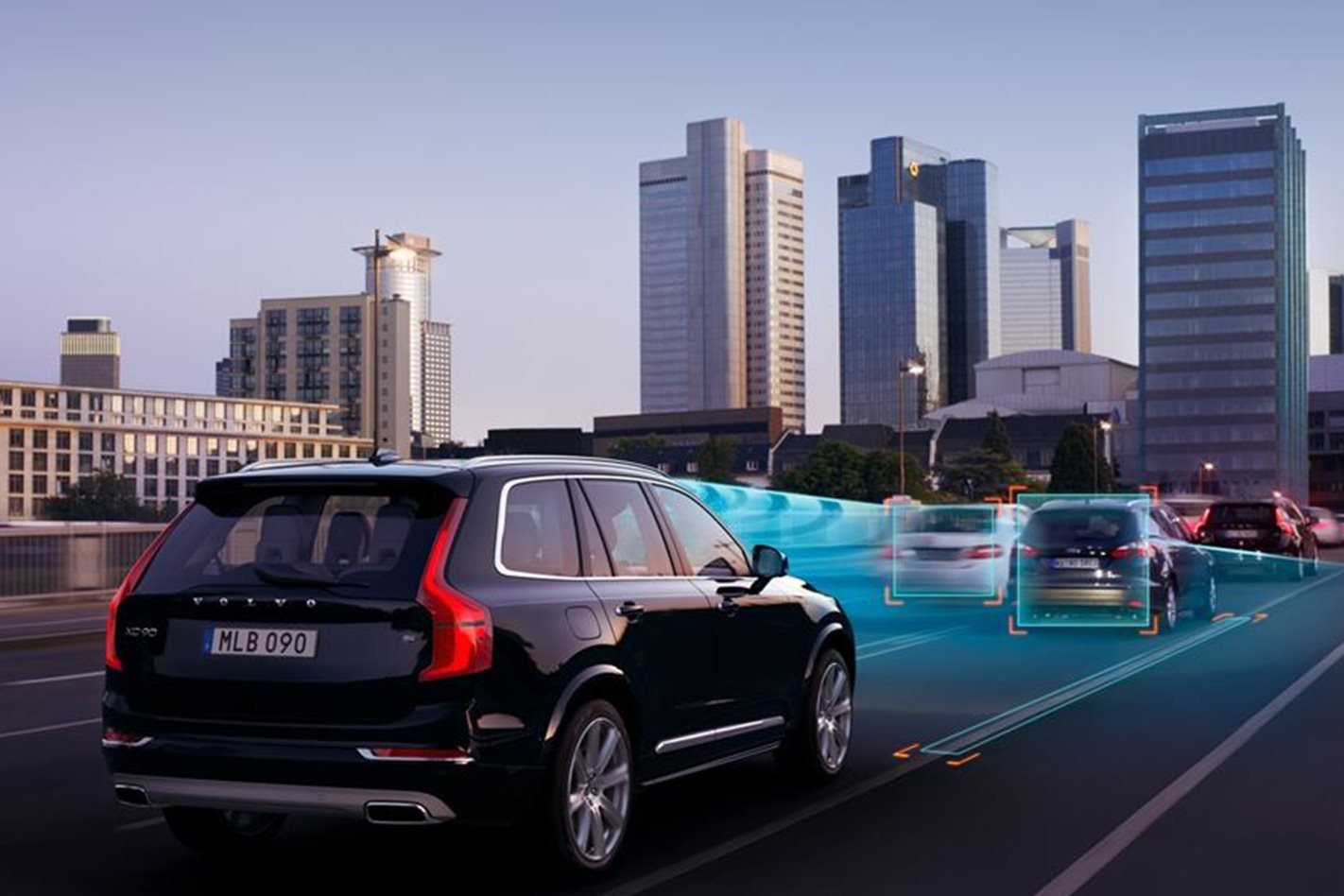
A US-based study has found that the use of adaptive cruise control (ACC) spurs drivers to speed, thereby undermining the feature’s potential safety benefits.
American non-profit organisation Insurance Institute for Highway Safety (IIHS) conducted a survey over a four-week period and found that drivers were “substantially more likely to speed when using ACC or partial automation” than when not using the technology.
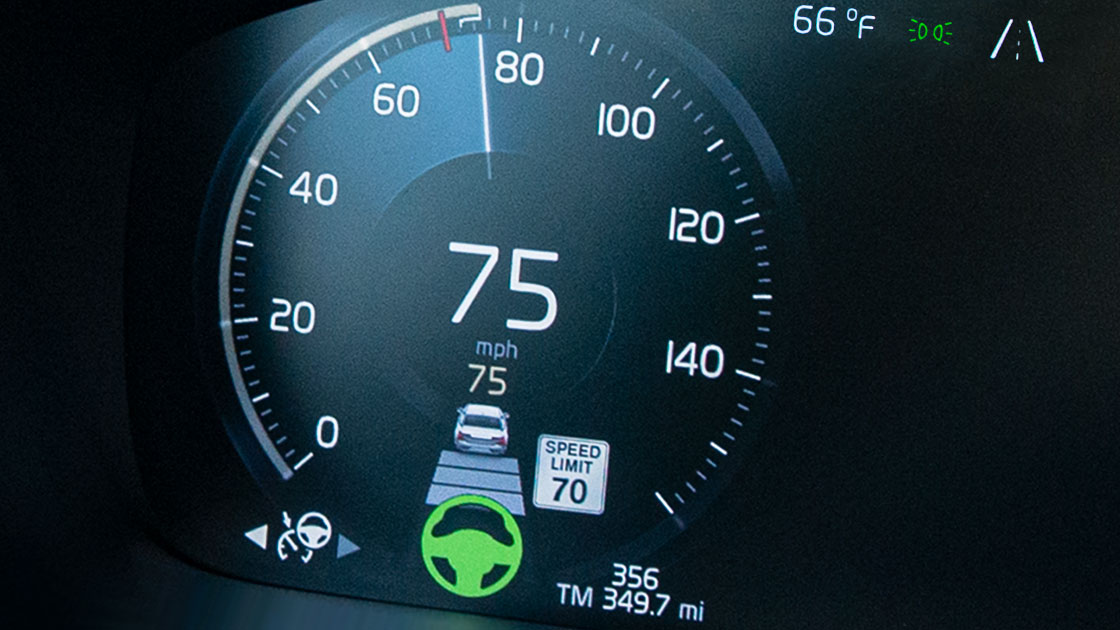
It suggested drivers select a speed for the car to follow that’s above the posted speed limit, and subsequently forget that they’re going over the limit.
Forty participants were loaned a Range Rover Evoque or Volvo S90 with adaptive cruise control and lane-centering functions over the month-long test period. The IIHS studied participants’ behaviours behind the wheel and found drivers were 24 per cent more likely to exceed the speed limit on highways when the two driver assistance systems were in use.
Additionally, the amount by which drivers exceeded the speed limit when they did speed was higher when using the ACC compared with those who sped when driving ‘manually’.
“Driving faster is more dangerous,” said IIHS statistician Sam Monfort of the results, who was also the lead author of the paper. “You can’t argue with physics.”
“ACC does have some safety benefits, but it’s important to consider how drivers might cancel out these benefits by misusing the system.
“Speed at impact is among the most important factors in whether or not a crash turns out to be fatal.”
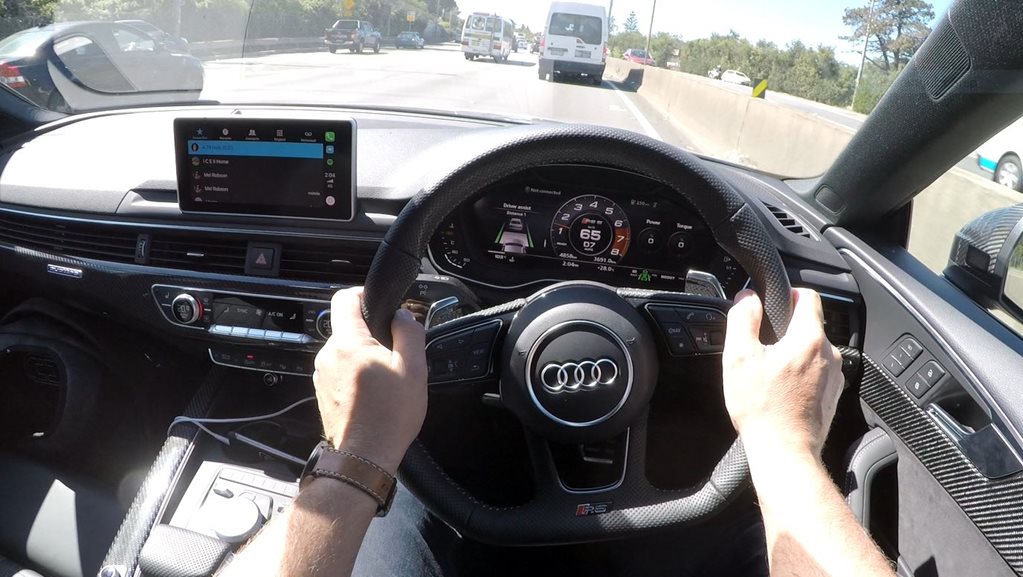
Importantly, the study did not analyse factors such as following distance or reaction time, both of which could be increased with the use of driver assistance features.
The IIHS noted studies have shown ACC use may lower crash risks as these systems “maintain a greater following distance” than most human drivers.
Future research will incorporate the above factors as part of monitoring the speeding patterns of drivers who use adaptive cruise control systems.

